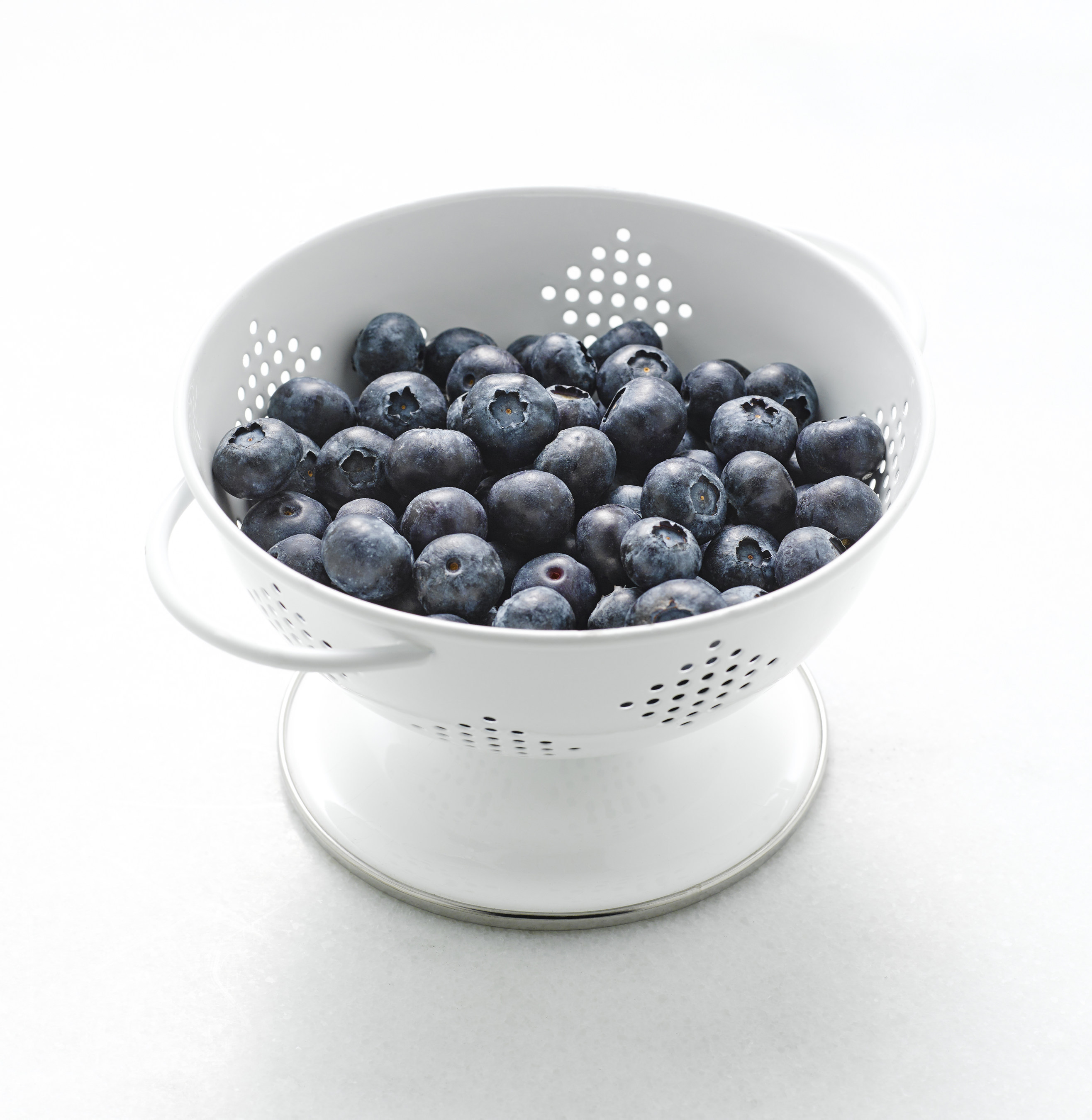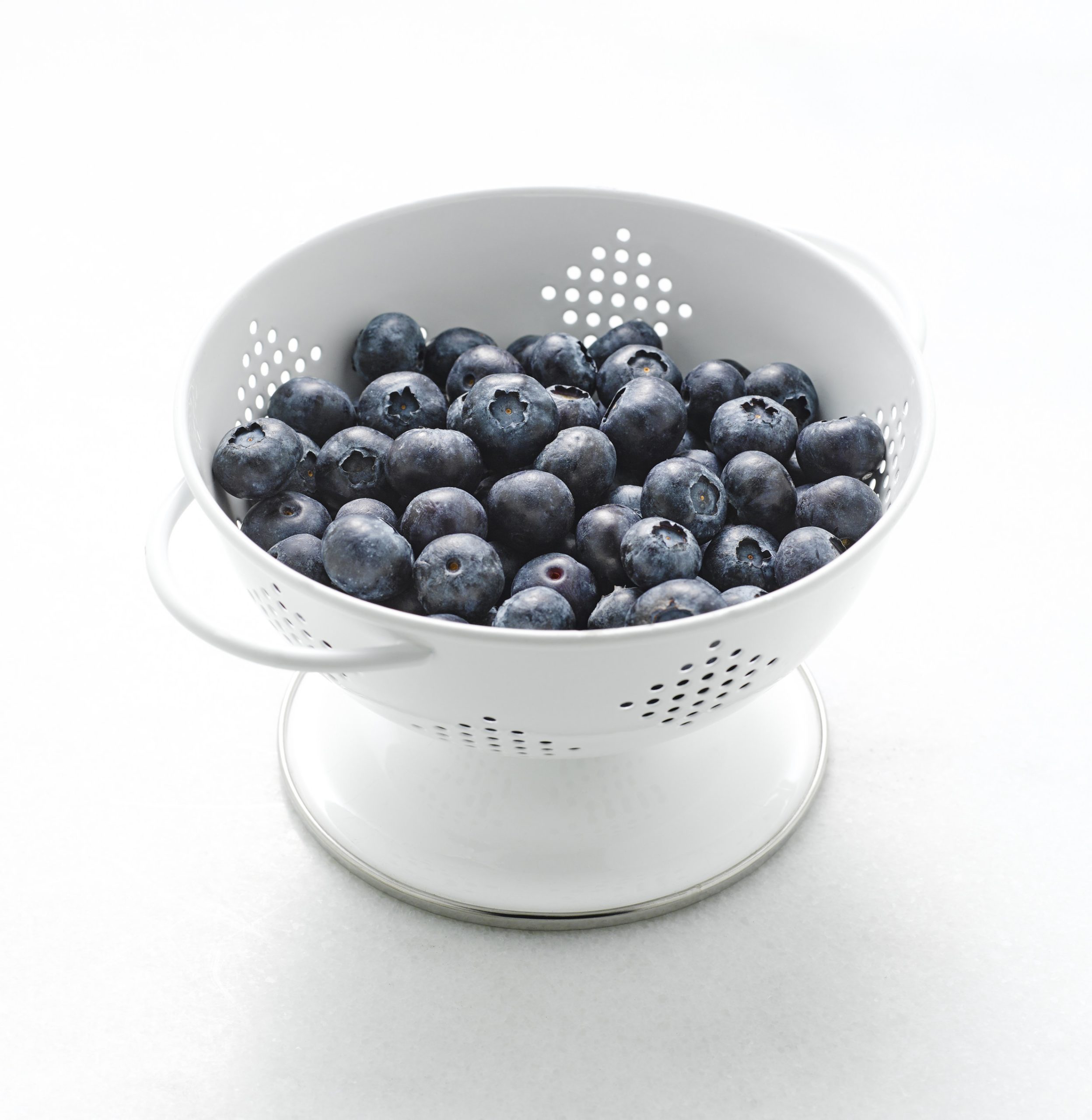 New research published in the European Journal of Nutrition found that daily consumption of the equivalent of one cup of fresh blueberries, given as 24 g of freeze-dried powder, showed positive changes in cognitive function over a placebo. The research, "Dietary blueberry improves cognition among older adults in a randomized, double blind, placebo-controlled trial," was conducted at the Jean Mayer USDA Human Nutrition Research Center on Aging at Tufts University.
New research published in the European Journal of Nutrition found that daily consumption of the equivalent of one cup of fresh blueberries, given as 24 g of freeze-dried powder, showed positive changes in cognitive function over a placebo. The research, "Dietary blueberry improves cognition among older adults in a randomized, double blind, placebo-controlled trial," was conducted at the Jean Mayer USDA Human Nutrition Research Center on Aging at Tufts University.
Conducted over a 90-day period, 13 healthy men and 24 healthy women between the ages of 60 and 75 were randomly assigned to receive either freeze-dried Highbush blueberry powder daily (the equivalent to one cup of fresh blueberries) or a placebo powder. The subjects were tested for balance, gait and cognition at baseline, and again at 45 and 90 days.
The results found that the blueberry-supplemented group showed significantly fewer repetition errors compared to the placebo group in the California Verbal Learning Test (CLVT), a neuropsychological test which can be used to assess verbal memory abilities.[i] The blueberry group also had fewer errors on trials when they switched to a new task as part of a task-switching test, compared to the placebo group. Task switching is an important component of executive function, a collection of brain processes that are responsible for guiding thought and behavior.[ii] There was no improvement in mobility in either the blueberry or the placebo group.
According to the Centers for Disease Control and Prevention, the number of Americans over the age of 65 is projected to grow rapidly, reaching 88.5 million by 2050. It is more important than ever to assess cognitive health in older adults and uncover interventions that may promote healthy aging, including diet and exercise.
"While more evidence is needed, results of this study add to the body of research on blueberry-supplemented diets and positive outcomes in cell and animal research on age-related cognitive decline," said Barbara Shukitt-Hale, Ph.D., a USDA Staff Scientist in the Laboratory of Neuroscience and Aging, USDA-ARS, Human Nutrition Research Center on Aging (HNRCA) at Tufts University and one of the study's lead investigators. "The addition of an easily attainable amount of blueberries to the diet may be an overall positive diet and lifestyle strategy for older adults."
The research was funded by the U.S. Highbush Blueberry Council (USHBC), USDA Agricultural Research Service and Tufts University. For more information on blueberry nutrition research, visit blueberrycouncil.org/health-professionals/health-research/.














